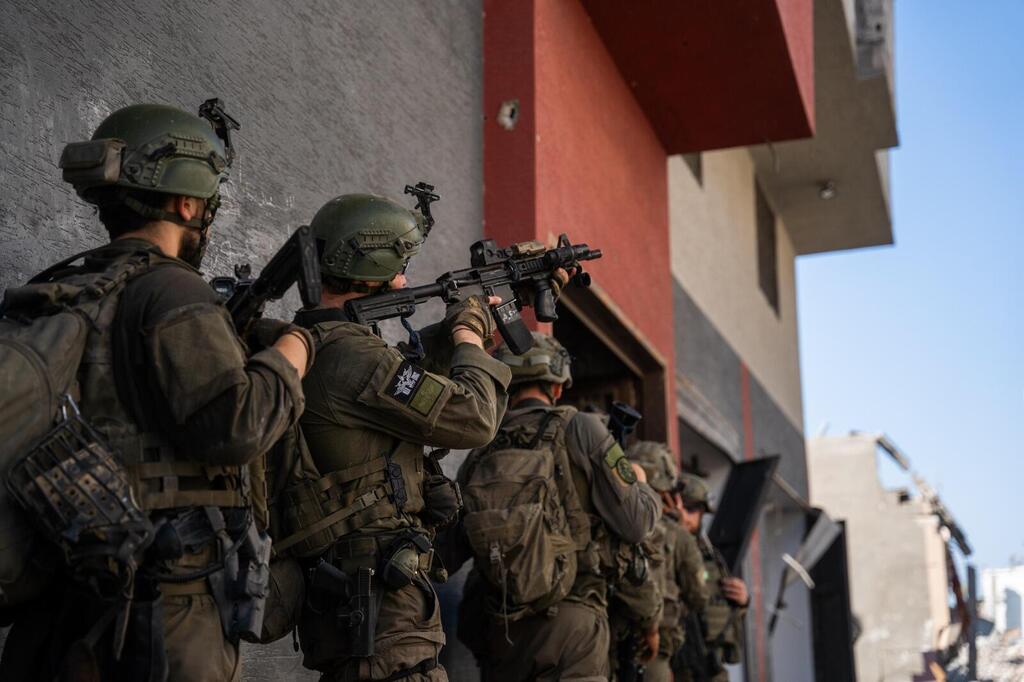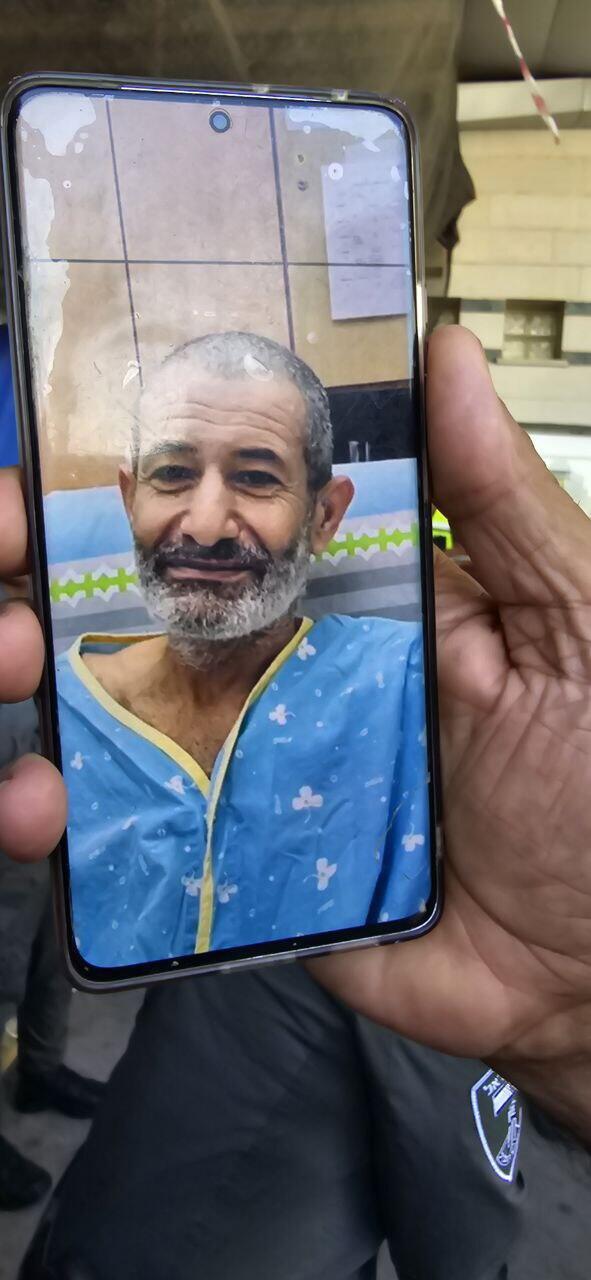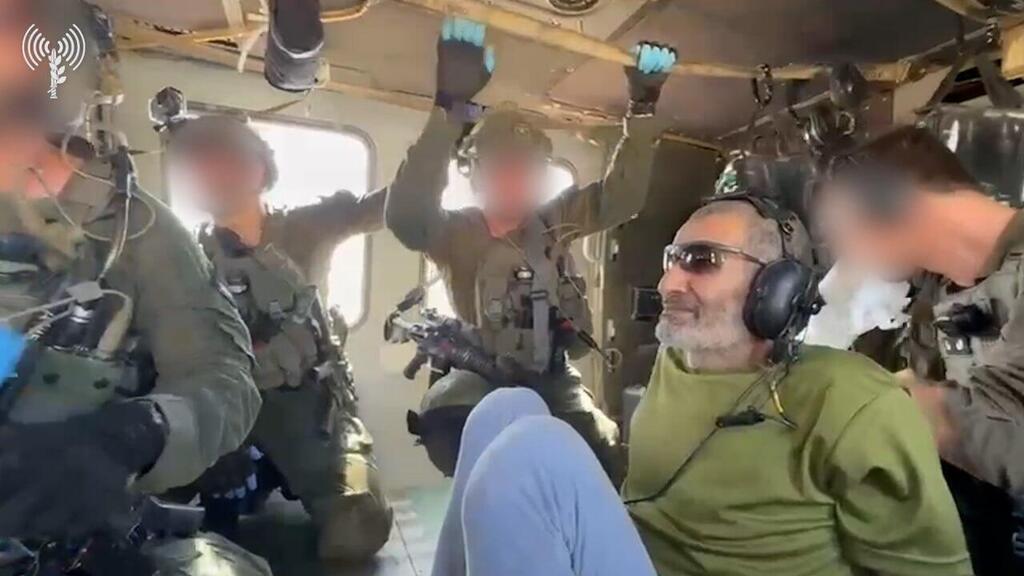Rescued hostage Farhan Alkadi's return to Israel, healthy and on his feet, is a beacon of hope amid a challenging war that, despite its achievements, brings sorrow and hardship to many families in Israel. Beyond this good news, his rescue – particularly the fact that he was freed by IDF soldiers who reached the room where he was held captive and brought him back to Israel – offers a significant lesson in the ongoing public debate in Israel about the most effective ways to bring hostages home alive and recover the deceased for burial in Israel.
Empty rhetoric
Just a week and a half ago, U.S. Secretary of State Antony Blinken suggested that the ongoing negotiations were the "last chance to bring back the hostages." This was an attempt to pressure all parties into reaching a deal that would favor the Democratic administration in the U.S. as it gears up for elections. It's not that Americans are indifferent – they do care. However, yesterday served as further evidence that the "last chance" narrative is simply not true – we successfully brought another hostage home alive due to military pressure.
The power of military pressure
While no one denies the potential for a negotiated deal, the discussion within Israeli society considers the possibility of an agreement that might see 30 hostages returned, leaving the rest behind. In exchange, we might surrender strategic positions like the Philadelphi Corridor and the Netzarim Corridor, and prevent the return of Hamas to the northern Gaza Strip, leaving us with little leverage to secure the release of others. It's crucial to remember that military pressure not only allows us to exert influence over figures like Sinwar – who is reportedly disguising himself in women's clothing in Gaza to avoid detection and harm – but also enables us to bring hostages home, whether alive or dead.
3 View gallery


Military pressure is the way to retrieve hostages, not US deals
(Photo: IDF Spokesperson's Unit)
It makes no difference if Alkadi was rescued "by chance," as some reports suggest, or if it was a pre-planned operation with precise intelligence – the key takeaway is that this success wouldn't have been possible if the IDF had been required to withdraw from Gaza for six weeks or more. It's unsettling to consider there may be other hostages in situations similar to Alkadi's in Hamas tunnels, whom we might reach by chance – or not – and if we withdraw from certain areas, they might remain trapped.
 Naveh DromiPhoto: Ilya Melnikov
Naveh DromiPhoto: Ilya MelnikovOne final chance
Thus, perhaps our genuine last opportunity to rescue as many hostages as possible is not the deal Blinken is eager for us to sign at any cost, but rather our determination to maintain a presence in Gaza. If the Americans would allow us, instead of restricting our actions they would give us a real opportunity to increase pressure on Hamas and Gaza, we might discover that having boots on the ground is the most effective way to bring as many hostages home as possible. At least in Alkadi's case, this approach has proven successful.



